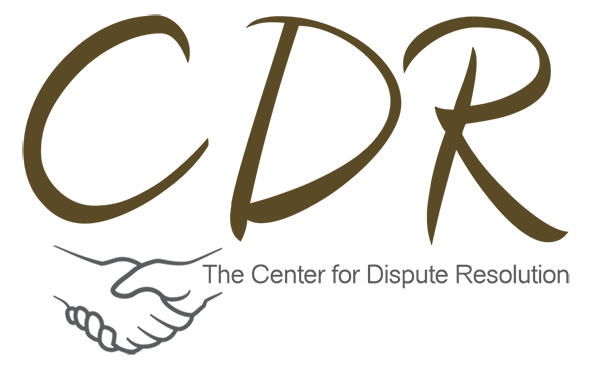
How Conflict Consultants Can Assist Organizations in Developing Conflict Resolution Systems
Conflicts are an inevitable part of human interaction, and they can arise in various contexts, including within organizations. Managing conflicts effectively is crucial for maintaining a harmonious work environment and ensuring the smooth functioning of teams. This is where conflict consultants play a vital role. In this post, we will explore how conflict consultants can assist organizations in developing robust conflict resolution systems that promote cooperation, communication, and productivity.
The Role of Conflict Consultants
Understanding Conflict Dynamics
Conflict consultants are professionals who specialize in analyzing and resolving conflicts within organizations. They possess a deep understanding of conflict dynamics and the underlying causes that lead to disputes. By leveraging their expertise, conflict consultants can help organizations gain insights into the root causes of conflicts and develop strategies to address them effectively.
Assessing Organizational Needs
One of the primary tasks of conflict consultants is to assess the specific needs of an organization when it comes to conflict resolution. They conduct thorough evaluations to identify areas where conflicts are most likely to occur and determine the impact of these conflicts on organizational performance. By gaining a comprehensive understanding of the organization’s unique challenges, conflict consultants can tailor their approaches and recommendations to suit its specific requirements.
Developing Conflict Resolution Systems
Conflict consultants play a crucial role in developing conflict resolution systems that are effective, fair, and sustainable. These systems are designed to prevent conflicts from escalating and provide mechanisms for addressing disputes when they arise. Let’s delve into the key steps involved in developing such systems.
1. Needs Assessment
Before implementing any conflict resolution system, conflict consultants conduct a comprehensive needs assessment. This involves collecting data through surveys, interviews, and observation to identify common conflict triggers, patterns, and areas of concern. The insights gathered from this assessment inform the design and implementation of the conflict resolution system.
2. Policy and Procedure Development
Based on the needs assessment, conflict consultants work closely with organizational leaders and key stakeholders to develop conflict resolution policies and procedures. These guidelines outline the steps to be followed when conflicts arise, ensuring a structured and consistent approach to resolution. Conflict consultants help organizations strike a balance between formal policies and the flexibility needed to address unique conflict situations.
3. Training and Education
Implementing a conflict resolution system involves equipping employees with the necessary knowledge and skills to manage conflicts effectively. Conflict consultants provide training sessions and workshops to educate employees on conflict resolution techniques, communication strategies, and collaborative problem-solving. By enhancing employees’ conflict resolution competencies, organizations can foster a culture of open dialogue and mutual understanding.
4. Mediation and Facilitation
Conflict consultants often act as mediators or facilitators during the resolution process. They help parties involved in a conflict engage in constructive dialogue, understand each other’s perspectives, and work towards mutually agreeable solutions. Mediation and facilitation techniques employed by conflict consultants create a safe and neutral space for conflict resolution, fostering collaboration and fostering positive relationships.
5. Evaluation and Continuous Improvement
Developing a conflict resolution system is an iterative process. Conflict consultants conduct evaluations to measure the effectiveness of the implemented system and identify areas for improvement. Feedback from employees, managers, and stakeholders is collected to gauge the system’s impact on reducing conflicts and promoting a positive work environment. Based on the evaluation results, conflict consultants make recommendations for adjustments or enhancements to ensure ongoing effectiveness.
Conclusion
Conflict consultants bring valuable expertise and experience to organizations seeking to develop robust conflict resolution systems. By understanding the unique dynamics of conflicts within an organization, assessing its specific needs, and designing tailored conflict resolution systems, these professionals contribute to improved communication, collaboration, and productivity. Investing in the expertise of conflict consultants can empower organizations to navigate conflicts effectively, fostering a positive and harmonious work environment.
✅ Resolve disputes effortlessly. ✅ Build stronger relationships. ✅ Subscribe FREE now!
Don't miss out! Join us today. 🚀


Comments are closed